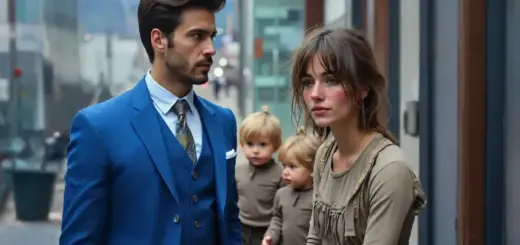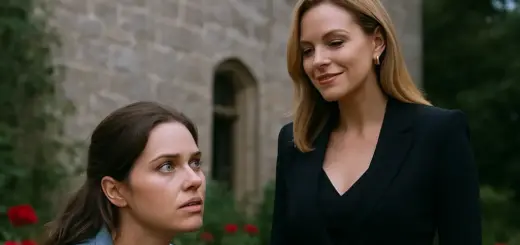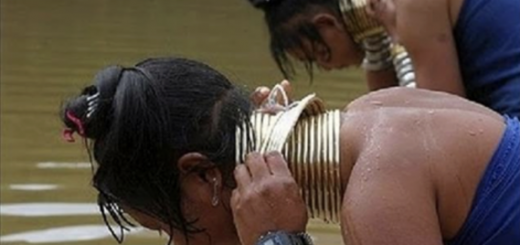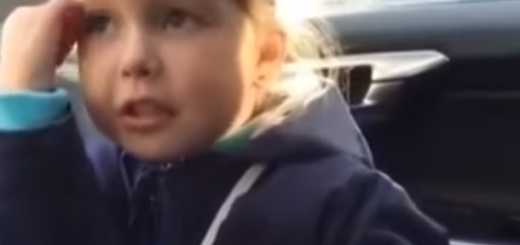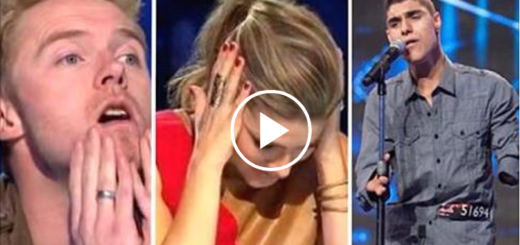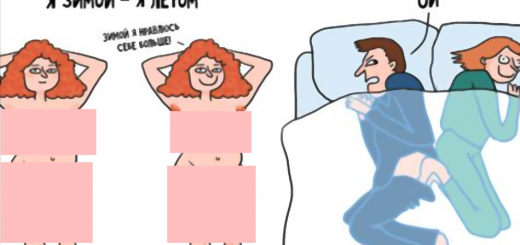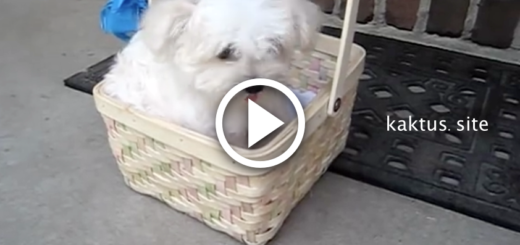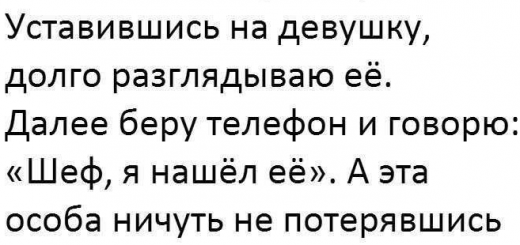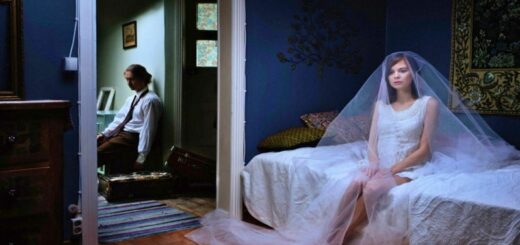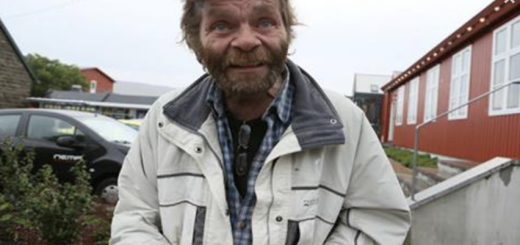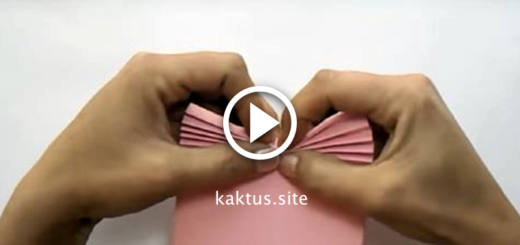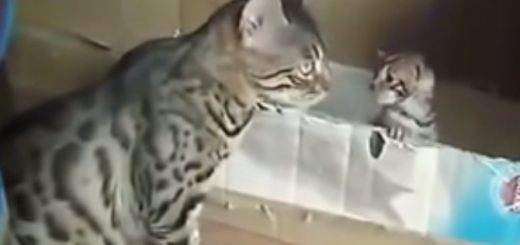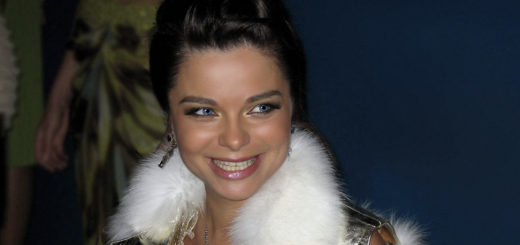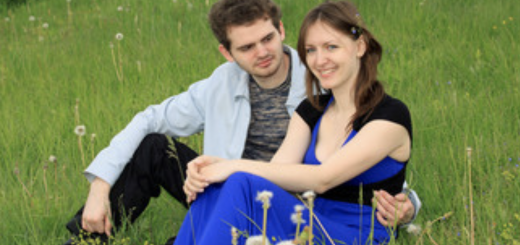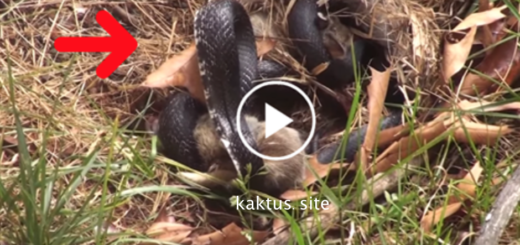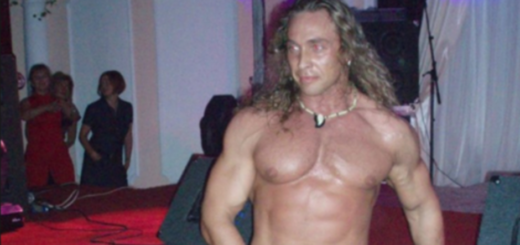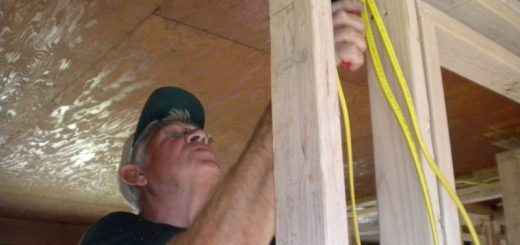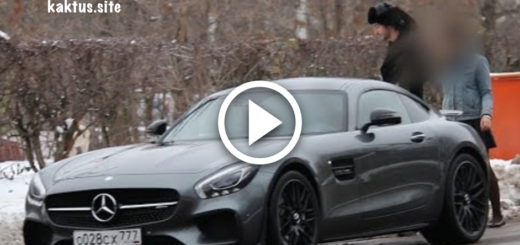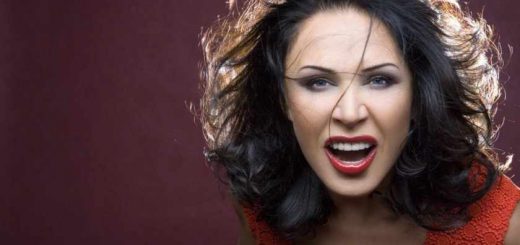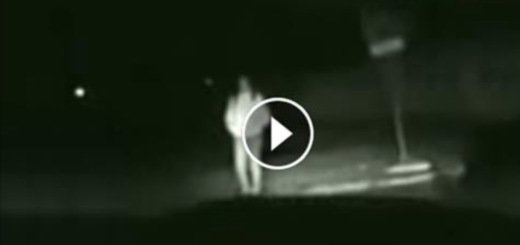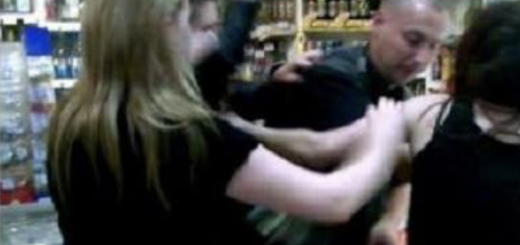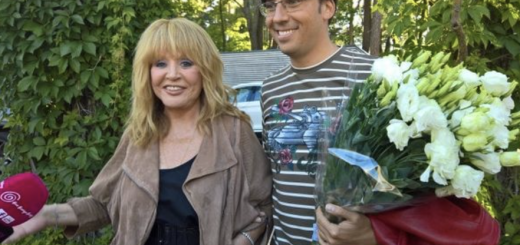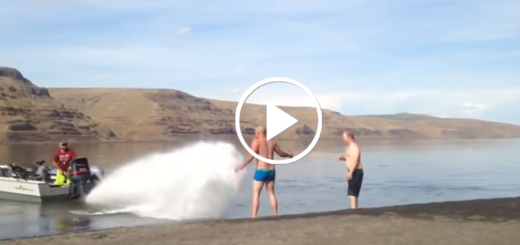My parents stared at her in shock. «But why would you do such a thing?» my father demanded. «Do you have any idea what that claim did to your sister? To Adam’s reputation?»
Cassandra explained her desperate financial situation, her voice gaining strength as she detailed the mounting debts, Tyler’s abandonment, and the eviction notice. As she spoke, I could see my mother’s expression shifting from shock to sympathy. «Oh, honey,» she said when Cassandra finished. «Why did not you just come to us for help? You did not need to make up such terrible lies.»
«Would you have given me $400,000?» Cassandra asked bluntly. «Because that is what I would have gotten if my plan had worked. Half the value of Bridget’s house.»
«Of course, we could not give you that kind of money,» my father said. «But we could have helped with the rent, at least temporarily. Instead, you chose to try to defraud your own sister while she was grieving her husband.»
«I know it was wrong,» Cassandra admitted. «Bridget has already made that abundantly clear. She has the evidence to press charges against me if she wanted to.»
My mother turned to me in alarm. «You would not do that to your own sister, would you, Bridget?»
I felt a flash of frustration at her immediate defense of Cassandra, even now. «I could,» I said firmly. «What she did was not just immoral but illegal. Forgery and fraud are felonies.»
«But she is family,» my mother insisted. «And she has Lucas to think about.»
«I am family too,» I replied, my voice rising slightly. «Your daughter, too. The one who just lost her husband and then had to defend his memory against false accusations of infidelity. Where was your concern for me in all this?»
My father looked uncomfortable, shifting in his seat. «Of course we care about you, Bridget. But Cassandra has always needed more help. More guidance.»
«And whose fault is that?» I asked. «You have been bailing her out of her poor decisions her entire life. Maybe if you had let her face consequences occasionally, she would not have escalated to criminal behavior.»
My mother gasped. «That is hardly fair, Bridget. We have always treated you girls equally.»
Cassandra surprisingly shook her head. «No, Mom, you have not. Bridget is right. You always made excuses for me, always found ways to fix my mistakes. It did not help me. It just made me think I could do whatever I wanted without consequences.»
My parents looked stunned at this admission. For perhaps the first time, Cassandra was taking responsibility rather than deflecting blame. «So what happens now?» my father asked, looking between us. «Is Cassandra going to jail?»
«No,» I said. «I have decided not to press charges under certain conditions.» I outlined the agreement Cassandra and I had reached with James’s help: the trust fund for Lucas, the therapy and financial counseling requirements, and the stable employment condition.
«That is very generous,» my father said, looking relieved. «Especially after what she did.»
«It is more than generous,» Cassandra agreed quietly. «It is more than I deserve.»
«Well,» my mother said, brightening, «this is all working out for the best then. Cassandra has apologized, Bridget is helping with Lucas, and we can put this ugly business behind us.»
«It is not that simple, Mom,» I said firmly. «Trust has been broken here. Healing will take time, if it happens at all. And there need to be boundaries going forward.»
«What kind of boundaries?» she asked, looking worried.
«For one thing, I need you both to stop enabling Cassandra’s behavior. No more bailouts, no more excuses. She needs to stand on her own feet with appropriate support that does not perpetuate dependency.» My father nodded slowly. «That seems reasonable.»
«And I need you to respect that my relationship with Cassandra will be different now. I will be involved in Lucas’s life because I love him and want the best for him. But Cassandra and I will not be close the way we once were, at least not for a long time.»
My mother looked distressed. «But we are family. We need to stick together, especially now.»
«Being family does not mean tolerating abuse, Mom,» I said gently. «What Cassandra did was abusive. She tried to use my grief to manipulate me, to take advantage of me at my most vulnerable. That has consequences, even within a family.»
The remainder of the dinner was subdued, with my parents processing this new reality. When they left, my father hugged me tightly, whispering, «I am proud of you, Bridget. Adam would be too.» My mother hugged me as well, but her eyes were sad, already mourning the idealized family dynamic she had always pretended we had.
Cassandra was the last to leave. At the door, she hesitated. «I really am sorry,» she said again. «Not just for the will and the lies but for everything. For the years of competition and jealousy. For not being the sister you deserved.»
«I know,» I replied. «And I hope the therapy helps you understand why you made these choices. Lucas deserves a mother who is emotionally healthy and honest.»
«Do you think you will ever forgive me?» she asked.
I considered the question carefully. «I do not know,» I answered truthfully. «But I am willing to see where this new path takes us. For Lucas’s sake. And maybe someday, for ours too.»
The drive home with my parents was silent, each of us lost in our own thoughts. I knew one thing for certain: our family would never be the same. But perhaps, in time, it could be something healthier, built on honesty rather than illusion.
One year after Adam’s death, I stood in our garden, watching the spring bulbs push through the soil. The daffodils Adam had planted the previous fall were blooming, a riot of yellow against the newly green lawn. I felt a bittersweet ache seeing them, knowing he had put them in the ground with hopes of seeing them bloom.
So much had changed in that year. The trust fund for Lucas was established and already helping with his ongoing medical needs. His heart condition, while requiring monitoring, was responding well to treatment, and he was growing into a cheerful, curious toddler. Cassandra had surprised everyone by truly embracing the conditions of our agreement. Six months of therapy had helped her recognize patterns of behavior stemming from childhood: the constant need to compete with me, the self-sabotage that had characterized many of her decisions. She had found steady employment as an office manager at a dental practice, a job that provided stability and benefits.
Our relationship remained formal but cordial. I saw Lucas regularly, taking him for outings to the park or the children’s museum. Cassandra and I did not pretend to be close, but we had found a way to co-exist peacefully for Lucas’s sake. My parents had struggled initially with the new boundaries I had established. My mother, especially, found it difficult to accept that her daughters would not have the close relationship she had always envisioned. But over time, they too had adjusted, learning to support Cassandra without enabling her dependency.
As for me, the grief support group I had joined shortly after Adam’s death had become a lifeline. Twelve strangers, bound together by loss, had become friends, understanding each other in ways that even well-meaning family and friends could not. We met weekly, sharing our journeys through grief, celebrating small victories, and supporting each other through the inevitable setbacks. Three months after the confrontation with Cassandra, I had established the Adam Preston Foundation for Legal Education, providing scholarships to students from underprivileged backgrounds interested in corporate law. It gave me purpose to see Adam’s legacy continuing in the careers of young, idealistic lawyers who might otherwise never have had the opportunity to enter the profession.
Old friends had stepped up in ways I could never have anticipated. Adam’s law partners checked in regularly, inviting me to dinners and events, making sure I was not isolated in my grief. My college roommate, Sarah, flew in from Chicago monthly just to spend weekends with me, sometimes doing nothing more than watching movies and ordering takeout.
And then there was Michael. I met him at a fundraiser for the foundation six months after Adam died. He was a professor of ethics at Boston University, thoughtful and kind, with a quiet sense of humor that reminded me of Adam in some ways. We started as friends, sharing coffee after foundation meetings, then gradually transitioned to occasional dinners. It was different than what I had with Adam, as it should be. Michael understood that Adam would always be part of my life, that loving again did not mean replacing what came before. We were taking things slowly, both of us cautious but hopeful.
Standing in the garden that spring morning, I reflected on everything Adam had taught me, not just during our years together but even after he was gone. His foresight in preparing those documents had protected me when I was at my most vulnerable. His journal entries had validated my experiences with Cassandra when my own parents tried to dismiss them. His love continued to shield me even in his absence.
I had learned difficult lessons through this ordeal: that family relationships need clear boundaries to remain healthy; that documentation is not just a legal precaution but sometimes an emotional necessity; that forgiveness does not have to mean forgetting or allowing harmful patterns to continue; that sometimes the people we expect to protect us are the ones we need protection from.
But I had also learned about my own strength. I had faced Cassandra’s betrayal, navigated the legal complexities, and made difficult decisions about how to move forward, all while processing the devastating loss of my husband. I had found a way to honor Adam’s memory while beginning to build a new life for myself.
The daffodils swayed in the spring breeze, resilient after the long winter. I thought about how grief is like that too: not a straight line but a series of seasons, each bringing its own challenges and unexpected beauties. I was not the same person I had been before Adam died, before Cassandra’s betrayal. I was stronger in some ways, more cautious in others, but ultimately more authentic in how I approached relationships and boundaries.
«Sometimes the most painful betrayals force us to find strength we never knew we had,» I said softly to the garden Adam had loved. «You could not have known what would happen after you were gone but, somehow, you prepared me to face it. And in that way, your love protects me still.»
As I turned to go back inside, I felt a sense of peace that had been absent for so long. Not because the grief was gone—it never would be completely—but because I had found a way to carry it alongside hope for the future. Adam had given me that gift, teaching me that love endures even when the person is gone and that preparation and honesty are acts of profound caring.

